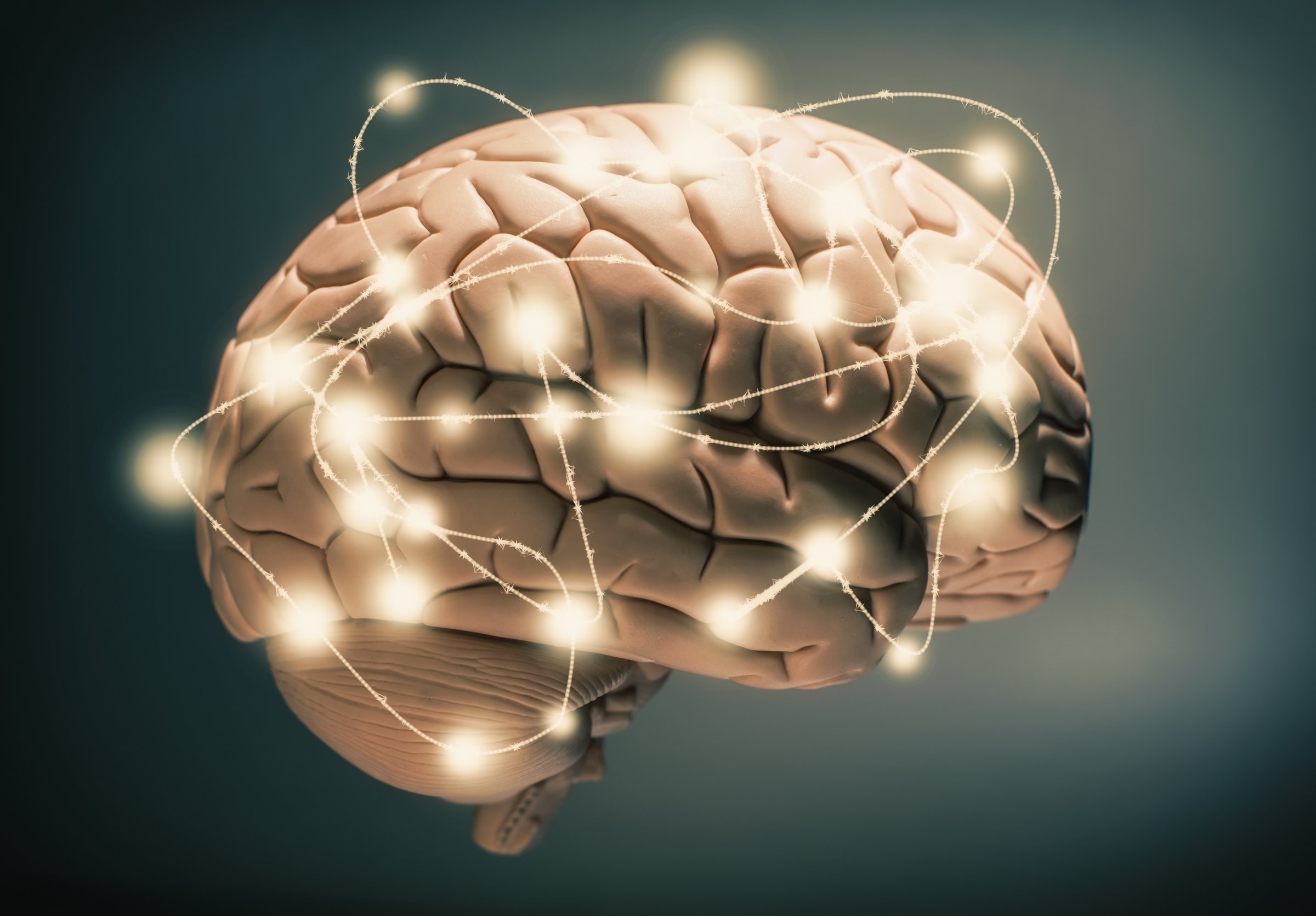
Missing an hour of sleep turns a sixth grader’s brain into that of a fourth grader.
Via NurtureShock:
The performance gap caused by an hour’s difference in sleep was bigger than the gap between a normal fourth-grader and a normal sixth-grader. Which is another way of saying that a slightly-sleepy sixth-grader will perform in class like a mere fourth-grader. “A loss of one hour of sleep is equivalent to [the loss of] two years of cognitive maturation and development,” Sadeh explained.
There is a correlation between grades and average amount of sleep.
Via NurtureShock:
Teens who received A’s averaged about fifteen more minutes sleep than the B students, who in turn averaged fifteen more minutes than the C’s, and so on. Wahlstrom’s data was an almost perfect replication of results from an earlier study of over 3,000 Rhode Island high schoolers by Brown’s Carskadon. Certainly, these are averages, but the consistency of the two studies stands out. Every fifteen minutes counts.
Not only does it affect intelligence, lack of sleep also reduces impulse control.
Via NurtureShock:
A different mechanism causes children to be inattentive in class. Sleep loss debilitates the body’s ability to extract glucose from the bloodstream. Without this stream of basic energy, one part of the brain suffers more than the rest—the prefrontal cortex, which is responsible for what’s called “Executive Function.” Among these executive functions are the orchestration of thoughts to fulfill a goal, prediction of outcomes, and perceiving consequences of actions. So tired people have difficulty with impulse control, and their abstract goals like studying take a back seat to more entertaining diversions. A tired brain perseverates—it gets stuck on a wrong answer and can’t come up with a more creative solution, repeatedly returning to the same answer it already knows is erroneous.
And when we’re tired it’s actually harder to be happy. We can recall negative memories more than positive ones when we’re exhausted.
5 Horrible Habits You Need to Stop Right Now





Via NurtureShock:
Negative stimuli get processed by the amygdala; positive or neutral memories gets processed by the hippocampus. Sleep deprivation hits the hippocampus harder than the amygdala. The result is that sleep-deprived people fail to recall pleasant memories, yet recall gloomy memories just fine. In one experiment by Walker, sleep-deprived college students tried to memorize a list of words. They could remember 81% of the words with a negative connotation, like “cancer.” But they could remember only 31% of the words with a positive or neutral connotation, like “sunshine” or “basket.”
Read next: These Are the 10 Richest Women of All Time
To learn how to get the best night’s sleep of your life, click here.
Join over 180,000 subscribers. Get a free weekly update via email here.
Related posts:
Night owls vs. Morning people: who comes out ahead?
What 10 things should you do every day to improve your life?
More Must-Reads from TIME
- Why Trump’s Message Worked on Latino Men
- What Trump’s Win Could Mean for Housing
- The 100 Must-Read Books of 2024
- Sleep Doctors Share the 1 Tip That’s Changed Their Lives
- Column: Let’s Bring Back Romance
- What It’s Like to Have Long COVID As a Kid
- FX’s Say Nothing Is the Must-Watch Political Thriller of 2024
- Merle Bombardieri Is Helping People Make the Baby Decision
Contact us at letters@time.com